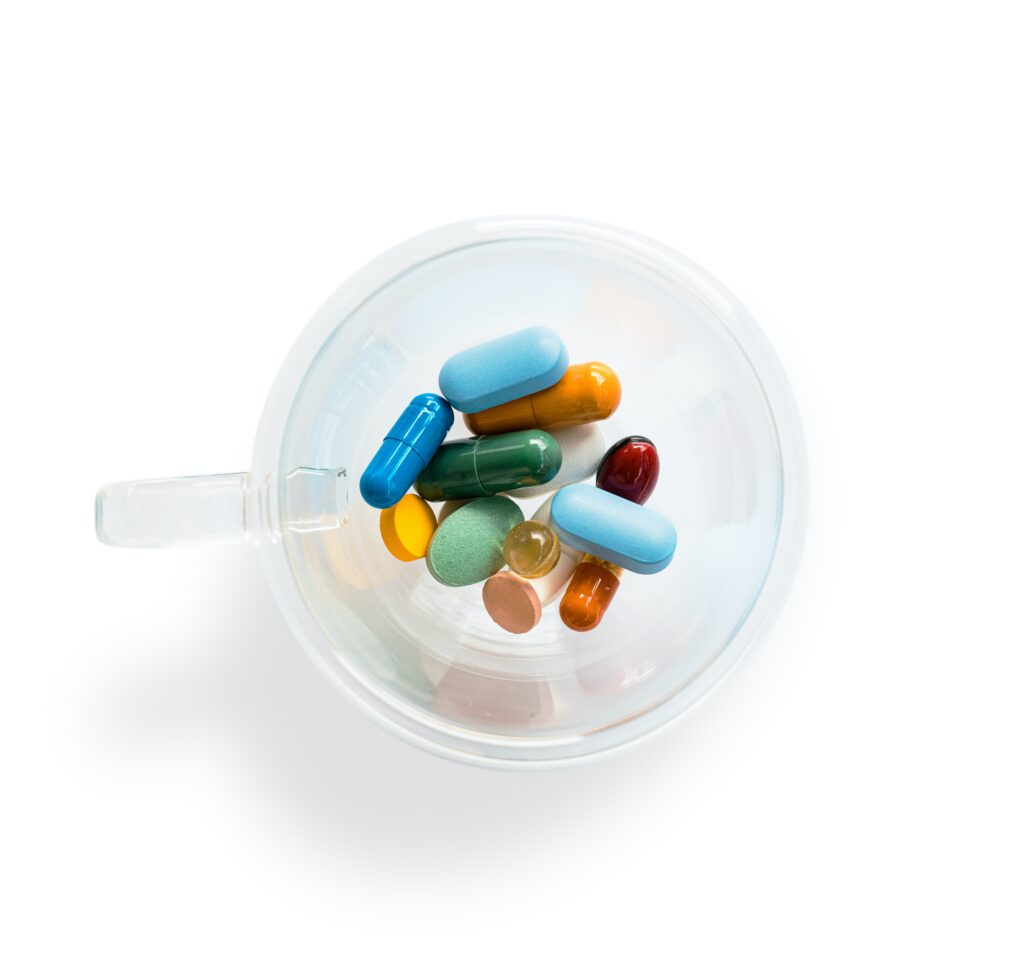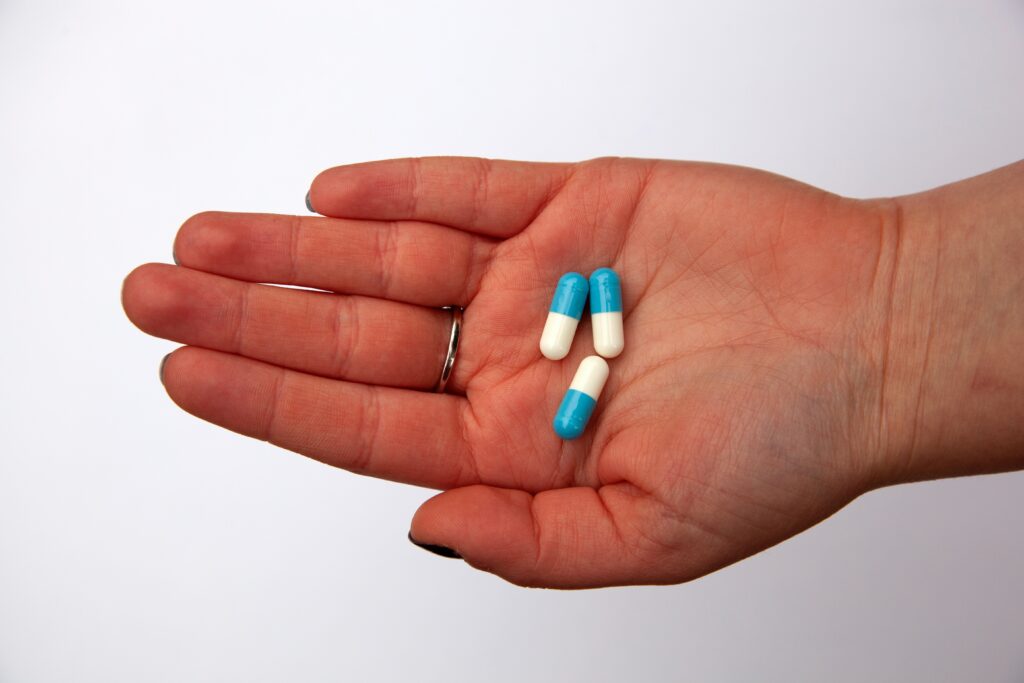Antimicrobial resistance
Antibiotic-resistant infections are on the rise. Data published in autumn 2025 shows there are nearly 400 new cases reported every week in England. When bacteria adapt to survive antibiotics, vital medicines stop working when we need them most. But the fight against …
In this blog post Samara shares her story of fighting antimicrobial -resistant tuberculosis, the hidden long-term consequences and the importance of getting that persistent cough checked out.
Patients in British hospitals with serious, antibiotic-resistant gut infections have little in common with snakebite victims overseas. But when scientists made an unlikely connection in 2018, it led to trials for a potential new treatment for antibiotic-resistant infections. In this …
Antimicrobial resistance (AMR) occurs when medicines used to fight infections lose their effectiveness because the organisms they target – whether bacteria, fungi, viruses or parasites – have evolved or acquired adaptations to survive. In 2019, AMR was directly responsible for …
Antimicrobial resistance (AMR) - when microbes evolve to resist the medicines designed to kill them - is an urgent global threat. In England, resistant infections rose by 4% in 2022 after decreasing during the pandemic. Action is needed to curb …
Antimicrobial drugs are commonly used. We have all heard of antibiotics, which fight bacteria, but there are also antifungals, antivirals and antiparasitics that fight fungi, viruses and parasites, respectively. The more we use these drugs, the less effective they become …
Antimicrobial resistance (AMR) demands action and education by professionals and the public alike. This blog collates resources and materials for raising awareness that have been developed by UKHSA, Health Education England and partners.
The national annual report ESPAUR (English Surveillance Programme for Antimicrobial Utilisation and Resistance) outlines the scale of the problem antimicrobial resistance (AMR) poses and this blog reflects its latest findings, as well as the actions we can all take to mitigate the effects of AMR.
Public Health England has been awarded £5.1 million to create a virtual ‘open access’ centre, which will gather real-time patient data on resistant infections, helping clinicians understand when to use and preserve antibiotics in their treatment. Read the blog to find out more.
Are you a healthcare student? If so, as a future professional or prescriber of medicine we need you to play your own vital role in slowing the rise of antibiotic resistance. Because just like current health professionals and leaders you …









